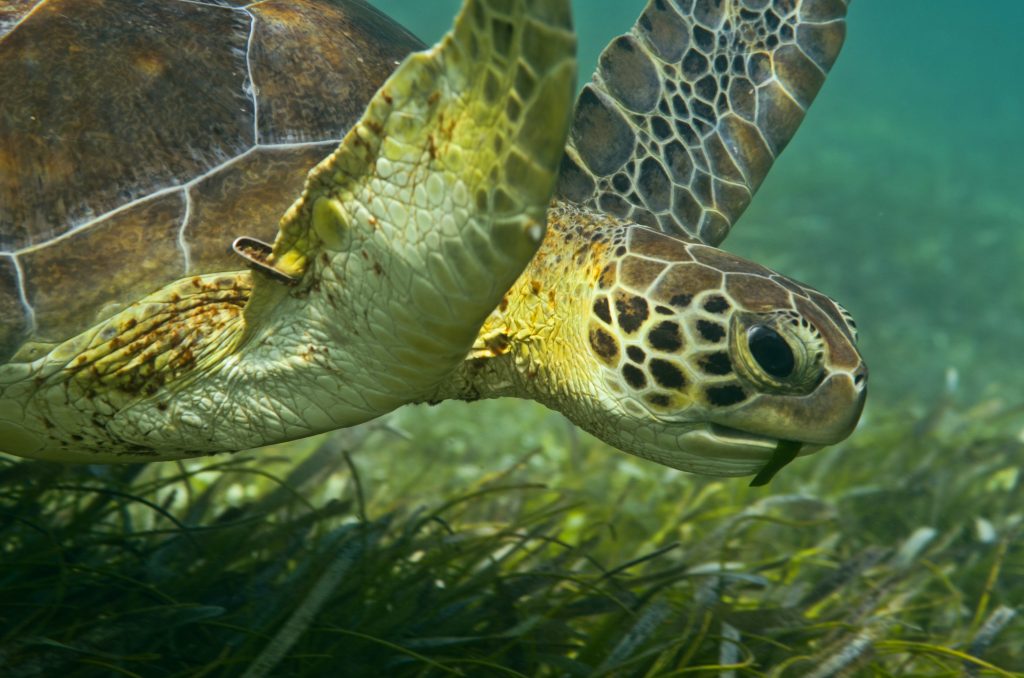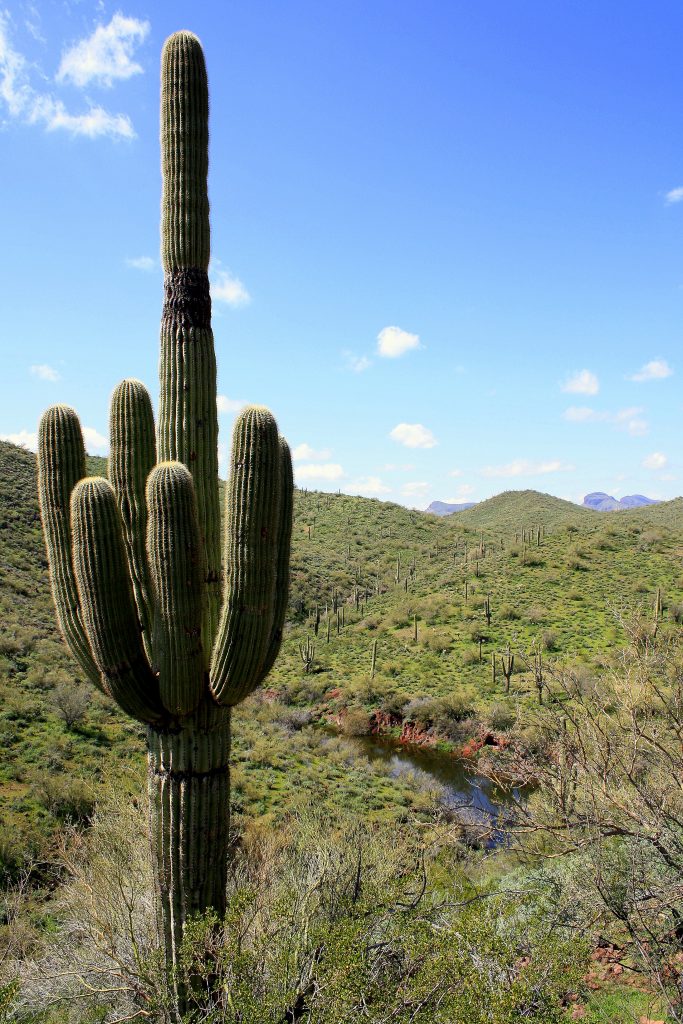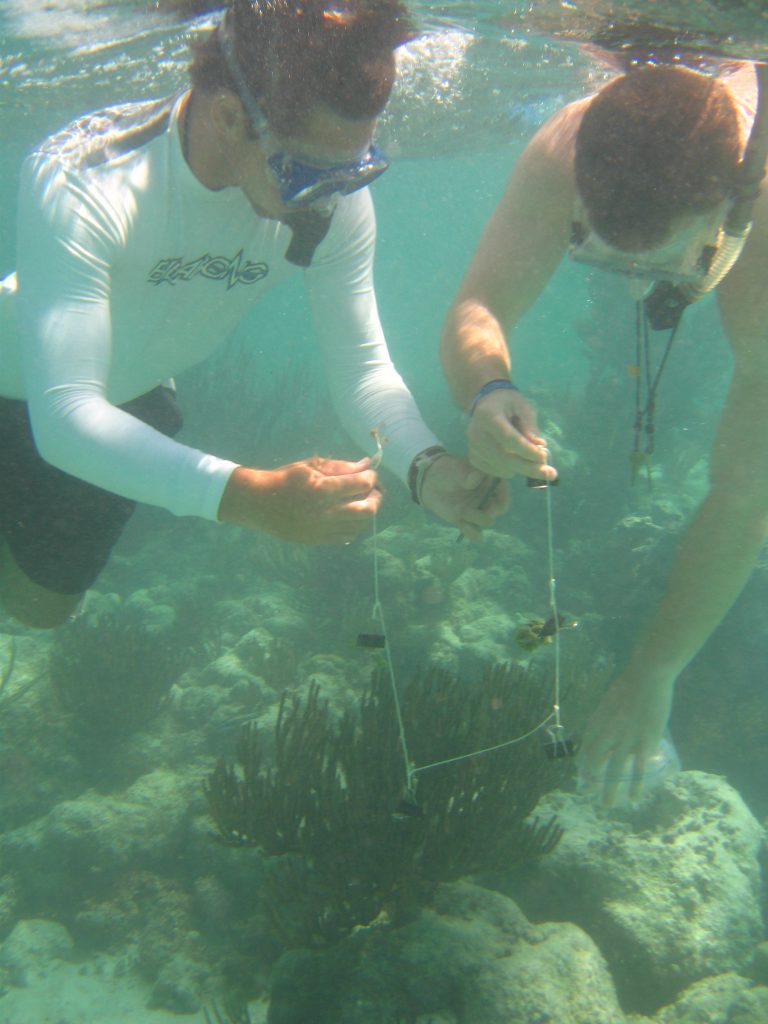Curious to see what your semester of Immersion might look like?
Take a peak of the past to gain perspective of the future.
In the Spring of 2016, the Biology Department launched the first ever Semester of Immersion. Three courses were offered, and are described below. Please note, courses vary each Semester of Immersion, none are guaranteed to stay in rotation each time the immersion program is offered. If you would like course specific information, please reach out to the instructors listed in the course descriptions.
Spring 2016 Immersion Course Offerings
Session 1: Marine Ecology
ZOO4926 – 4 Credits
 This field-based course focuses on coral reef community ecology and marine field research. Students will conceptualize, conduct, and present original research in the areas of population ecology, community assembly and succession, biodiversity, or species interactions. The first two weeks will take place at UF (5-6 meetings total), followed by 3 weeks of fieldwork in Akumal, Mexico (Mayan for “place of the turtle”). Akumal Bay is a coral reef and seagrass-based ecosystem teeming with wildlife (including an abundant sea turtle population) but it is also threatened by environmental impacts from rising tourism. Field research will be conducted using snorkel gear and surveying/manipulative techniques previously discussed in the course.
This field-based course focuses on coral reef community ecology and marine field research. Students will conceptualize, conduct, and present original research in the areas of population ecology, community assembly and succession, biodiversity, or species interactions. The first two weeks will take place at UF (5-6 meetings total), followed by 3 weeks of fieldwork in Akumal, Mexico (Mayan for “place of the turtle”). Akumal Bay is a coral reef and seagrass-based ecosystem teeming with wildlife (including an abundant sea turtle population) but it is also threatened by environmental impacts from rising tourism. Field research will be conducted using snorkel gear and surveying/manipulative techniques previously discussed in the course.
Instructor: Mike Gil | m.gil@ufl.edu
Format: Introductory activities and lectures, field research in Mexico, data analysis
Notes: No text.
Estimated cost to attend: tuition and course fees + ~$3,400 – 4000 travel and lodging.
Session 2: Desert Biodiversity
BOT4935 – 4 Credits
 Deserts are so much more than sand and cactus! Come explore the surprisingly rich flora and fauna of the arid southwest, while performing authentic field-based biodiversity research. During the first weeks, on the UF campus, we will lay the groundwork for research pertaining to the origin and maintenance of biodiversity in desert environments, including ecological strategies and behavioral and physiological adaptations, climatology past and present, the evolutionary history of the deserts, and pressing conservation concerns. In the culminating 10-day field trip to the Sonoran Desert of Arizona, students will execute their independent research projects, and explore the natural history of several remarkable desert habitats.
Deserts are so much more than sand and cactus! Come explore the surprisingly rich flora and fauna of the arid southwest, while performing authentic field-based biodiversity research. During the first weeks, on the UF campus, we will lay the groundwork for research pertaining to the origin and maintenance of biodiversity in desert environments, including ecological strategies and behavioral and physiological adaptations, climatology past and present, the evolutionary history of the deserts, and pressing conservation concerns. In the culminating 10-day field trip to the Sonoran Desert of Arizona, students will execute their independent research projects, and explore the natural history of several remarkable desert habitats.
Instructor: Norm Douglas | 417 Carr Hall| nadouglas@ufl.edu
Format: Introductory activities and lectures, field research in Arizona, data analysis
Notes: No text.
Estimated cost to attend: tuition and course fees + ~$1500 travel and lodging.
Session 3: Invertebrate Biodiversity
ZOO4205C/6927 – 4 credits
 This graduate and undergraduate course takes advantage of the rich biota of Florida to investigate the principles of animal organization and biodiversity. It emphasizes comparative study of form and function, and of complexity and diversity in phylogenetic and environmental contexts. It focuses on the study of living animals in the laboratory and field in the diverse marine and non-marine habitats surrounding in Florida. Students will conduct research at the Whitney and Seahorse Key Marine Laboratories, and also take a field trip to the Florida Keys.
This graduate and undergraduate course takes advantage of the rich biota of Florida to investigate the principles of animal organization and biodiversity. It emphasizes comparative study of form and function, and of complexity and diversity in phylogenetic and environmental contexts. It focuses on the study of living animals in the laboratory and field in the diverse marine and non-marine habitats surrounding in Florida. Students will conduct research at the Whitney and Seahorse Key Marine Laboratories, and also take a field trip to the Florida Keys.
Instructor: Gustav Paulay | 228 Dickinson Hall (Florida Museum of Natural History)| 352-273-1948 | paulay@flmnh.ufl.edu
Format: Daily lectures and labs at field stations and at UF in Gainesville
Notes: Recommended text – Ruppert EE, Fox RS, Barnes RD. 2004/2009. Invertebrate Zoology; a Functional Evolutionary Approach. 7th Edition. Brooks/Cole or Cengage Learning.
Estimated cost to attend: tuition + ~$600 travel and lodging + approximately $85 course materials and equipment fees.